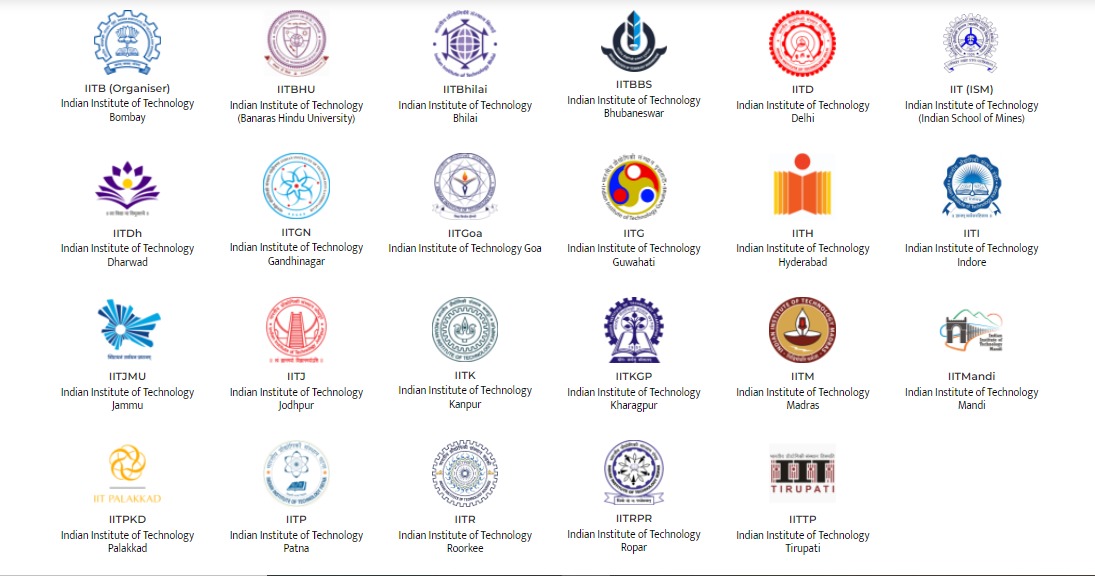JEE ADVANCED

What is JEE Advanced?
JEE Advanced (formerly known as IIT JEE) is the second phase of the JEE examination and is usually conducted after the JEE Main exam. It is an important test for engineering aspirants (especially for those who are seeking admission in premier engineering institutes such as IITs). JEE Advanced is a computer-based exam and is usually conducted by seven different Indian IITs (IIT Kharagpur, IIT Bombay, IIT Roorkee, IIT Madras, IIT Kanpur, IIT Delhi and IIT Guwahati) on a rotational basis.
The entrance exam consists of two papers – Paper 1 and Paper 2. It is also carried out in two stages (or ‘shifts’) that are held on the same day. It is mandatory for all the students to appear for both papers in order to be eligible for the merit list. Candidates are granted admissions to various undergraduate courses as well as master’s and dual degree programs offered by IITs based on marks scored or ranks secured in the JEE Advanced examination.